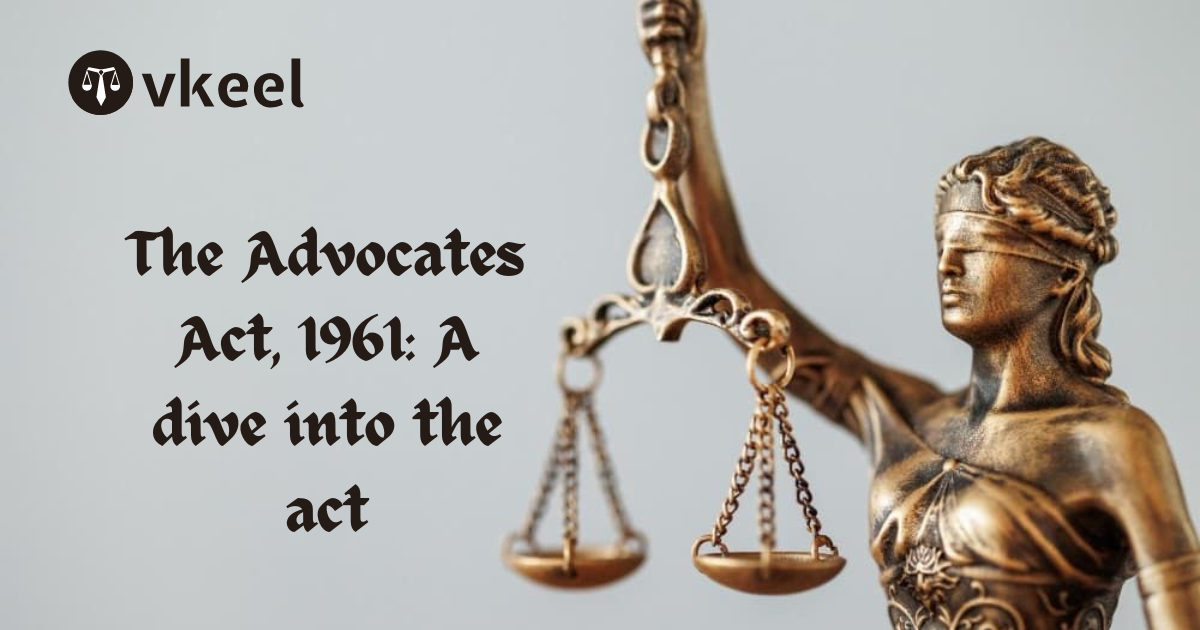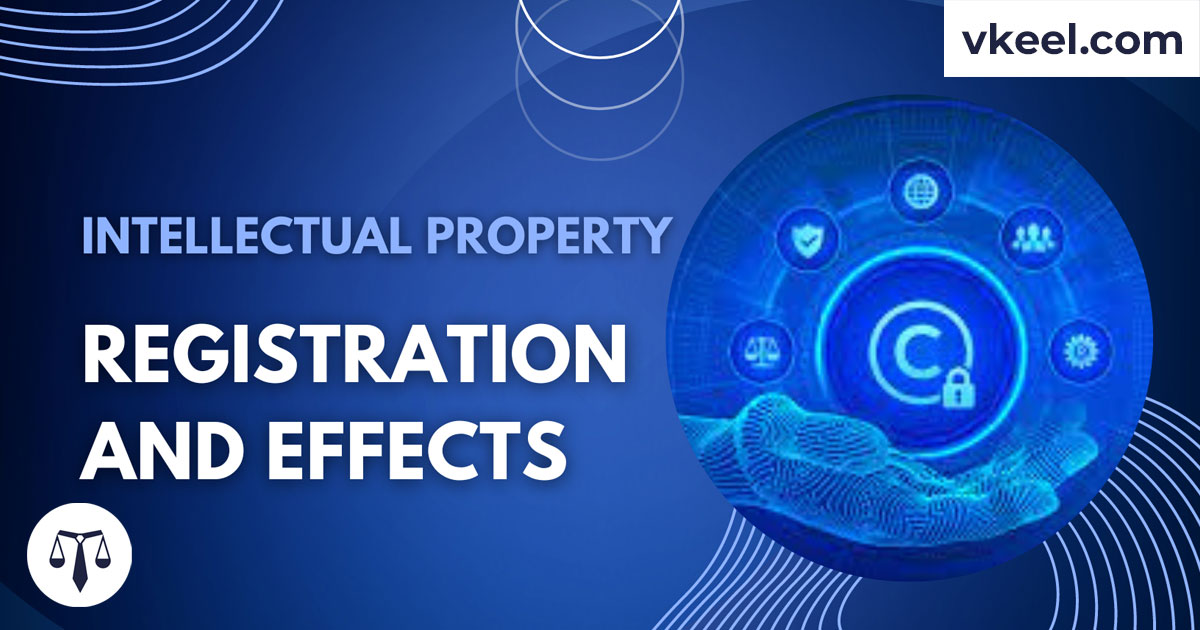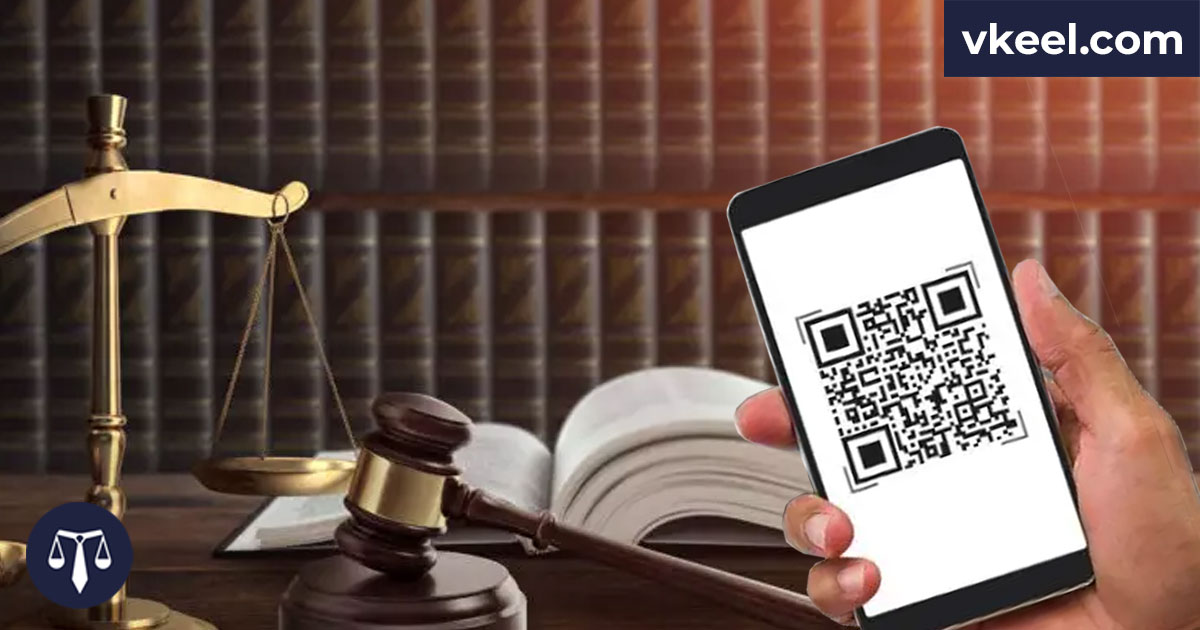Entry into Judiciary Service: Minimum Qualifications
By Kishan Dutt Kalaskar
In India, becoming a young judge is considered a prestigious and significant achievement. To become a judge in this country, you must have a certain level of discipline and commitment. The Indian judicial system is designed in such a way that there are several courts at various levels in every district of a given state, each with different mandates. Specialized courts exist for certain special purposes or statutes. The district and sessions courts are the highest courts in a district. Each state has its own process for selecting judges, which includes examinations and interviews.
There is a lot of similarity in how different states choose their judges, but there are many distinctive aspects. It also appears that the criteria for becoming a judge have been established to give some advantage to the local candidates. Every year, over 70,000 people apply for the Judiciary Service Examination, although only 1% to 2% end up clearing the examinations successfully. Preliminary and major exams are required in all states, followed by an interview process. The entire procedure can take up to a year or more, from writing the preliminary exam to the interview phase and the announcement of the final selected applicants. For people who are interested in serving the public in a high-status position, judicial service is a viable alternative. It provides a secure and safe job opportunity with a competitive wage package.
Consult with: Best Lawyers of India
Judiciary exams
There are two entry levels of judicial service examinations: The lower judiciary service and the higher judiciary service.
The Lower judiciary services essentially comprise of three cadres of judges: District Judges, Senior Civil Judges & Civil Judges who are at the Junior Division. These judges have both civil as well as criminal jurisdiction. These exams are administered by public service commissions or the respective state’s High Courts. They distribute advertisements and notices.
Higher Judicial Services or HJS is open for lawyers who have some experience under their belt. This is usually a seven-year experience. Typically, the syllabus for these tests is the same. The additional benefit of competing and passing the higher judiciary tests is that the candidate is posted as an additional district judge, which places them above the lower judicial service officials. It also allows for promotion to the High Courts of respective states. The Judicial Services Examination, also known as the PCS (J)-Provincial Civil Service-Judicial Examination, is required to become a judge in the Indian Judicial Services. The PCS-J test is for law graduates who want to work as members of the subordinate judiciary. This exam is the only way for new law school graduates to become a Subordinate Court Judge. Preliminary Examination, Main Examination, and Viva-Voce/Interview are the three stages of the Judicial Service Examination.
The preliminary exam is used to screen candidates for the main exam. It consists of multiple-choice questions. For the final selection, the marks obtained in the preliminary examination are not taken into account. The minimum qualifying marks in the preliminary examination is 60 percent for general and 55 percent for reserved categories. State by state, the percentages of qualifying marks differ. The main exam is a subjective form of test, three to four papers make up the exam, and candidates’ scores are used to determine the final selection. Candidates equal to three times the number of vacancies are called for viva-voce. Candidates are evaluated on general interest, personality, and IQ, among other things, at this stage of the Viva-Voce/Personal Interview stage. The syllabus varies across states. It is divided into three sections: civil law, criminal law, and a language paper.
Talk with: Supreme Court Lawyers
Minimum required qualifications
A degree in LL.B. and enrolment or qualification to be enrolled as an Advocate under section 24 of the Advocates’ Act 1961 are the requirements for appearing in the Judicial Services Examination.
For fresh law graduates the minimum requirements to become a judge or apply for the examination, are distinct from others. The minimum age requirement for a fresh law graduate is not less than 21 years and not above 35 years of age. An applicant must have an LL.B degree with all examinations cleared.
For any person who’s already a practicing Advocate, Attorney or Pleader, the minimum age requirement is not below 21 years and not above 35 years of age, similar to that of the fresh law graduates, and that similarly applies to the academic qualifications as well. However, the requirements are different when one wants to practice in the High Courts and the Supreme Court.
- Direct Recruitment:- (a) Must be the holder of a degree in Law granted by a University established by Law in India and must have been enrolled as an Advocate. (b) Must not have completed as on the last date fixed for receipt of applications, Thirty Eight years of age in the case of candidates belonging to Scheduled Caste or Scheduled Tribe and Thirty Five years of age in the case of others.
- Scale of Pay:- Rs. 27700-770-33090-920-40450-1080-44770. Apart from the basic salary, the Civil Judge is entitled to get many other allowances such as House Rent Allowance, Dearness Allowance, Travel Allowance, Partial Vehicle Allowance and Pension after Retirement.
- Method of Recruitment:- By direct recruitment on the basis of aggregate of marks obtained in a Competitive Examination (Main Written Examination and Viva-Voce) conducted by the High Court. (1) The Competitive Examination for recruitment of Civil Judges shall consist of 3 stages i.e., (a) Preliminary Examination (b) Main Written Examination and (c) Viva-Voce. The marks secured in the Preliminary Examination is considered only for Eligibility for the Main Written Examination. (a) PRELIMINARY EXAMINATION:- The Preliminary Examination shall be conducted by way of Objective Type Question Paper consisting of 100 marks and the syllabi for the said examination shall be the following, namely:- Part-A – Code of Civil Procedure, 1908; Negotiable Instruments Act, 1881; Transfer of Property Act, 1882; Indian Contract Act, 1872; Specific Relief Act, 1963; Indian Constitution; and Karnataka Rent Act, 1999. Part-B – Code of Criminal Procedure, 1973; Indian Penal code, 1860; and Indian Evidence Act, 1872. Part-C – General knowledge – Test of reasoning and mental ability. (b) MAIN WRITTEN EXAMINATION:- (i) Translation Paper (Maximum Marks 100) There will be one translation paper and the candidates will be required to translate passages in English into Kannada and Kannada into English. The Passages will be from (1) Depositions, (2) Judgments and (3) Documents. 12 (ii) Law Paper I (Maximum Marks 100) The Code of Civil Procedure, 1908; The Code of Criminal Procedure, 1973; The Indian Evidence Act, 1872; Principles of Pleading and The Constitution of India. (iii) Law Paper II (Maximum Marks 100) Framing of Issues and writing of Judgments in Civil Cases. (iv) Law Paper III (Maximum Marks 100) Framing of Charges and writing of Judgments in Criminal cases. (c) VIVA-VOCE (Maximum Marks 100) The candidates General Knowledge, grasp of principles of law and suitability for appointment as Civil Judge shall be tested. (d) COMPUTER TEST (Maximum Marks 25) The test of knowledge of computers shall carry maximum 25 marks and such marks secured by the candidate shall be considered for ascertaining the suitability and computer knowledge of the candidates and shall not be aggregated to the total marks obtained in the Main Written Examination and Viva-Voce.
“Every Judge of the Supreme Court shall be appointed by the President by warrant under his hand and seal after consultation with such Judges of the Supreme Court and the High Courts in the States as the President may think necessary,” is written in Article 124(2) of the Indian Constitution. The article further specifies that if a judge other than the Chief Justice of India is to be appointed, the Chief Justice of India must be consulted.
Furthermore, these credentials are required:
- Indian citizenship; and
- Has served as a judge in a High Court or two or more High Courts in succession for at least ten years; or
- Has worked as an advocate for at least ten years in one or more High Courts in a row; or
- From the perspective of India’s President, he is a respected jurist.
“Every Judge of a High Court shall be appointed by the President by warrant under his hand and seal after consultation with the Chief Justice of India, the Governor of the State, and, in the case of appointment of a Judge other than the Chief Justice, the Chief Justice of the High Court,” is explained in Article 217(1) of the Constitution of India.
Book consultation with: Top Lawyers of India
These qualifications are also required, according to Article 217(2) —
- Citizenship of India; and
- has served in the Indian judiciary for at least 10 years; or
- has served as an advocate in one or more High Courts in succession for at least ten years.
Conclusion
This occupation needs legal knowledge and the ability to comprehend the law from numerous perspectives. A thorough understanding of all areas of law is required. The salary scales for judges differ depending on their position. The retirement age for a Supreme court judge is 65 years, whereas for a High Court judge the retirement age is 62 years. Finally, in India, becoming a judge is not a one-way street. While the profession has a lot of prestige, it also requires a lot of hard work, training, and years of dedication upfront. A person who aspires to be a judge must also contribute to the nation’s development, advancement, and a positive attitude, as well as the ability to perform under duress.
Judiciary Service
Disclaimer:
The information provided in the article is for general informational purposes only, and is not intended to constitute legal advice or to be relied upon as a substitute for legal advice. Furthermore, any information contained in the article is not guaranteed to be current, complete or accurate. If you require legal advice or representation, you should contact an attorney or law firm directly. We are not responsible for any damages resulting from any reliance on the content of this website.












